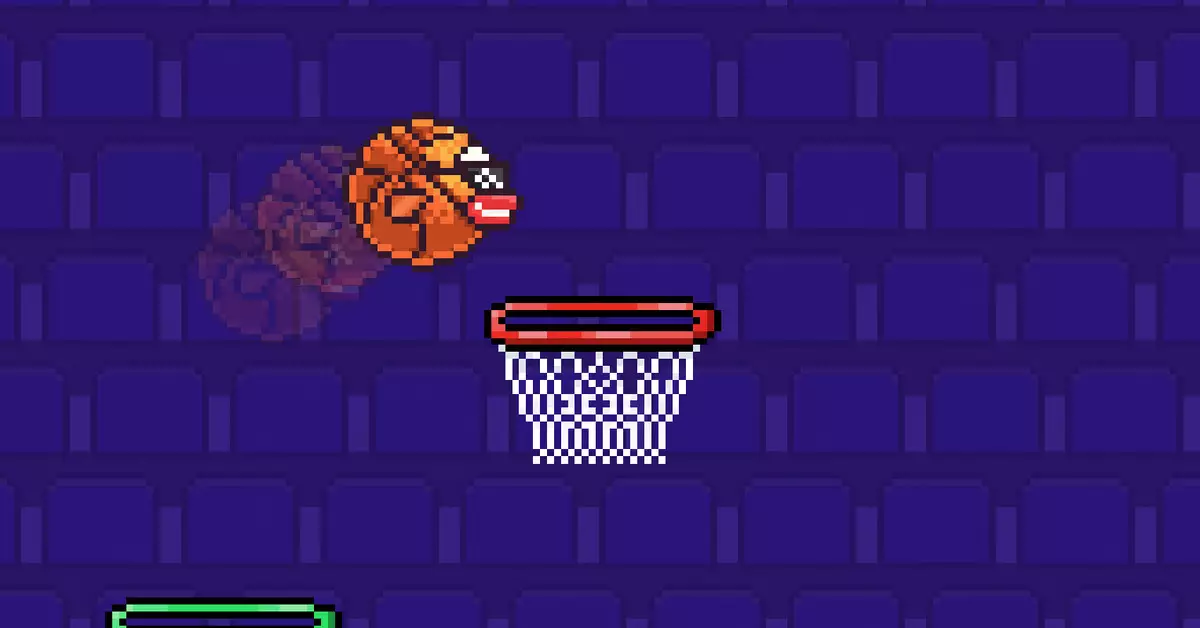The announcement of Flappy Bird’s return, made by the newly formed Flappy Bird Foundation, has stirred a pot of excitement and skepticism among long-time gaming enthusiasts. Since its original release in 2013, Flappy Bird has captivated millions with its notoriously frustrating gameplay and minimalist design, only to vanish as abruptly as it appeared. This peculiar resurface attempts to reignite the nostalgia surrounding the game; however, the developer behind the original version, Dong Nguyen, has distanced himself from this revival, which raises questions about authenticity and motive.
Dong Nguyen took to X to clarify that he is not associated with the newly announced game, underscoring his intention not to sell the rights to his creation. This revelation indicates a significant disconnect between the Flappy Bird Foundation’s efforts and the original creator’s vision. Given that Nguyen’s involvement has been firmly denied, we must scrutinize the implications surrounding the game’s relaunch. Will players be receiving a product that honors its legacy or one that merely exploits the original’s success?
Further complicating matters is the recent legal tug-of-war surrounding the game’s trademark. Gametech Holdings, LLC, which procured the trademark from Nguyen, filed in opposition to Nguyen’s claim in 2023, citing abandonment by the developer. The U.S. Patent and Trademark Office’s ruling to declare Nguyen’s trademark abandoned echoes the uncertainty surrounding the very identity of Flappy Bird. The legal complexities raise an essential question: who truly owns the right to Flappy Bird today? As Gametech oddly associates itself with the foundation’s nostalgic messaging, the original creator’s absence from the conversation is conspicuous.
While the Flappy Bird Foundation aims to capture the essence of the original game’s charm, it appears to manipulate nostalgia as a marketing strategy. Their promotional materials focus heavily on the sentimental rise and fall of Flappy Bird. The first: a trailblazing success story of game design that left a legacy of frustration. The second: a swift downfall that left millions of fans grieving. However, does this emotional appeal come at the cost of legitimacy? Marketing a product hinged on nostalgia can be a double-edged sword, especially when it lacks the involvement of its true creator.
Compounding the intrigue is the revelation of a potential cryptocurrency element, hinted at in archived pages before being quietly removed from the new Flappy Bird website. With terms like “owning,” “staking,” and “web 3.0” bandied about, it appears that the relaunch is not just about resurrecting a beloved game; it’s also pushing boundaries into the realm of decentralized gaming. Such aspirational features can be alluring but also raise concerns regarding transparency, particularly as the community weighs Nguyen’s absence against a monetization strategy that feels all too opportunistic.
As anticipation mounts for the Flappy Bird reboot slated for 2024, the landscape remains riddled with questions that may determine its fate. Will this revival live up to the heights of nostalgia it evokes, or will it falter under the weight of its questionable origins? Without the original creator’s involvement and with convoluted legal standings, the game’s resurgence hangs precariously in the balance, poised to fly again but challenged with a legacy that may not fully support its return. The community will ultimately decide whether Flappy Bird can indeed reclaim the skies or if it will simply flutter into obscurity once more.

